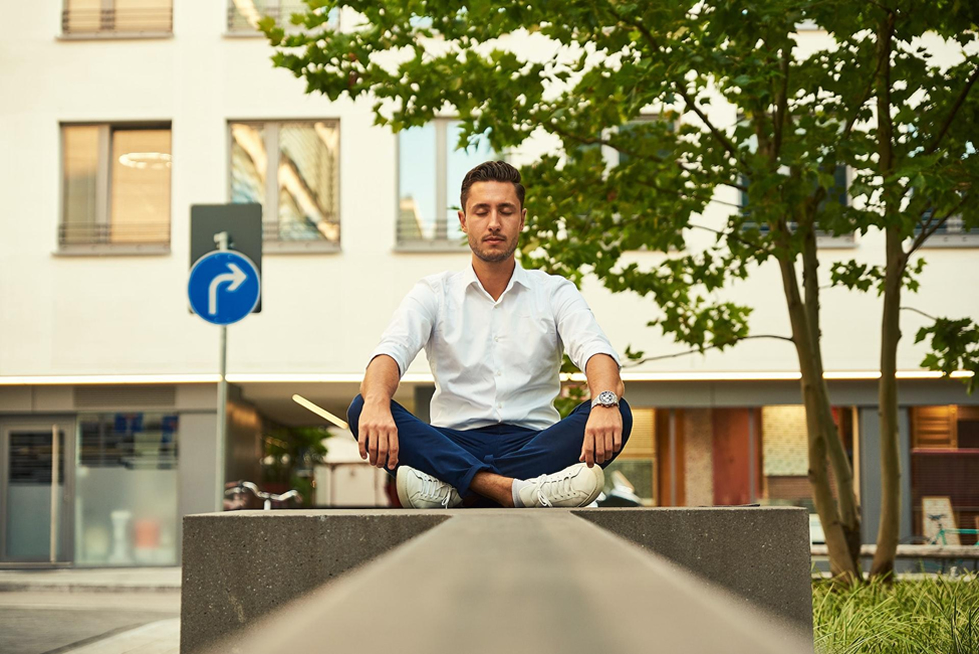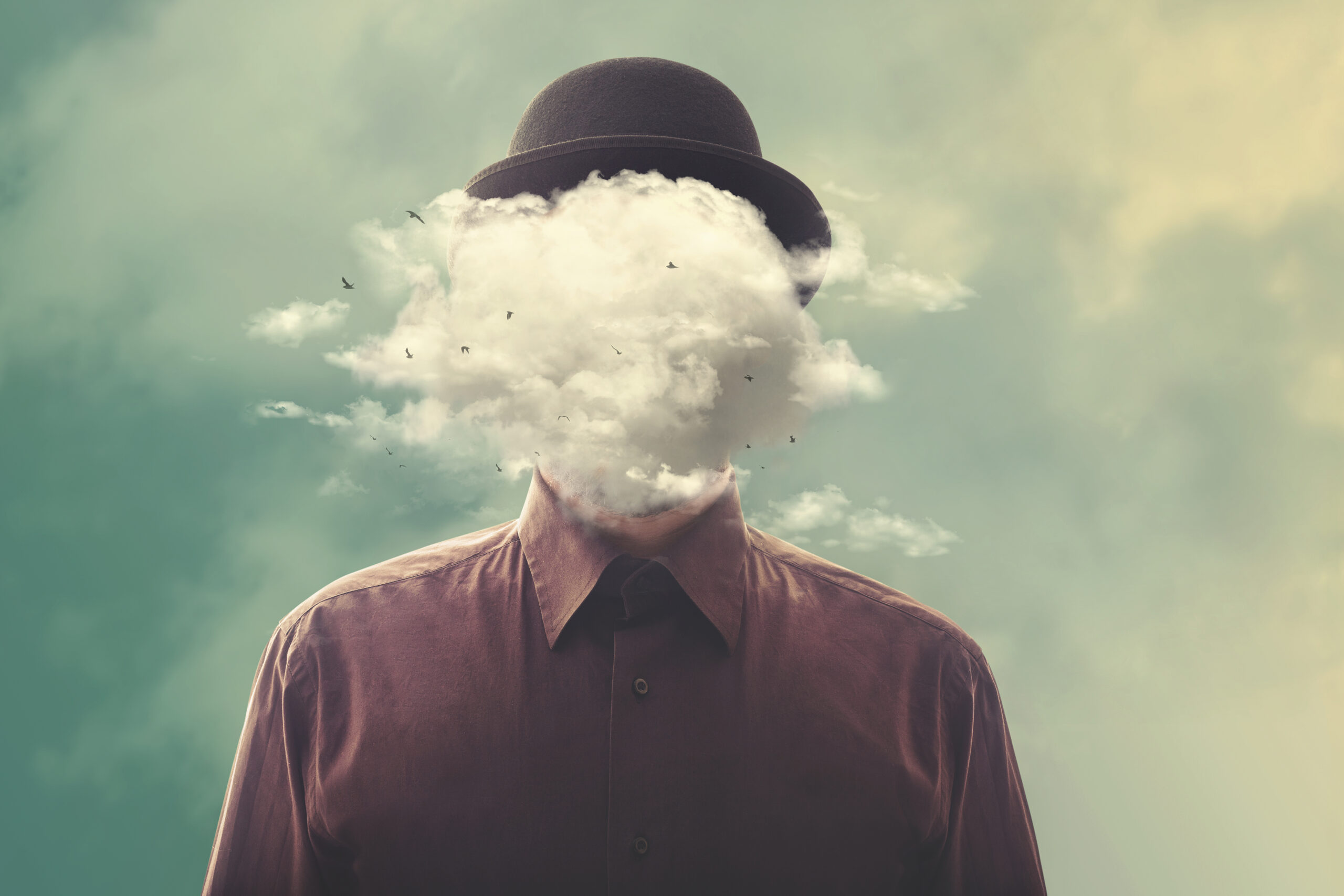Social media has become a part of our everyday lives. Over half of us check social media at least once every hour. And according to the International Journal of Environmental Research and Public Health, nearly 40% of Australian adolescents spend more time on social media than sleeping.
“Use of social media is associated with changing sleep patterns, causes excessive daytime drowsiness, and impairs concentration. That’s why it is important to correct the sleep alignment to induce a state of deep relaxation and reduce stress. We need to focus youth’s mind and relieve the flow of chaotic thoughts that may be demeaning and stressful,” says Yoga instructor Lachman Barrett of Poses—Australia’s most trusted Yoga provider.
With the rise of social media platforms, young people suffering from mental health problems have skyrocketed. This article aims to identify the prevalence of mental health issues among Australian teenagers and their relationship with social media usage.
Here are five of the most common effects of social media on mental health:
1. Social Media Addiction
Social media addiction is defined as using social media excessively, resulting in adverse effects on mental health.
According to cross-sectional studies with the University of Queensland, over half of the teens have experienced symptoms of depression due to excessive use of social media. In addition, adolescents who spend more than two hours per day on their phones are at higher risk for anxiety and depression.
2. Depression
Depression is a mood disorder characterised by feelings of sadness, hopelessness, worthlessness, and helplessness. These feelings may lead to thoughts about suicide or self-harm.
Symptoms of depression often include changes in appetite, sleep patterns, concentration, and physical activity. Adolescents exposed to social media are particularly vulnerable to depression due to hormonal fluctuations and increased peer pressure.
3. Anxiety
Anxiety is a feeling of worry, fear, nervousness, or dread. People experiencing anxiety often feel restless, irritable, tense, and unable to concentrate. Common anxiety symptoms include restlessness, muscle tension, headaches, trouble sleeping, and difficulty concentrating.
Adolescents who spend most of their time on social media are especially prone to anxiety due to the rapid changes in hormone levels and the heightened awareness of body image.
4. Self-Harm
Self-harm is any action someone takes to harm themselves without suicidal intent intentionally. People who don’t associate with others personally tend to self-harm. Self-harming behaviours include cutting, burning, scratching, hitting oneself, and overdosing. Self-harm is a sign of emotional distress and is often associated with depression, anxiety, and substance abuse.
5. Suicide
Suicide is the act of taking one’s own life. Many types of suicide involve hanging, shooting, poisoning, jumping, drowning, and drug overdose. Suicide is a leading cause of death among adolescents who were victims of cyberbullying in Australia.

Free The Confused Spirit With Meta Minds Therapy
Taking a break from social media can be beneficial to your mental health. If you’re feeling brave, take a short break and see what happens. And if you continue using it, try to do so in moderation.
Meta Minds Therapy offers multiple solutions to help you overcome your internal struggles! We offer confidential and accessible online counselling sessions, and comfortable face-to-face counselling sessions for clients based in Brisbane, Queensland, Australia.
Need to get in touch with Dan from Meta Minds Therapy? You can call him on: 0472 708 597 or email us at dan@metamindstherapy.com.
Article written by: Jackson Evison.



